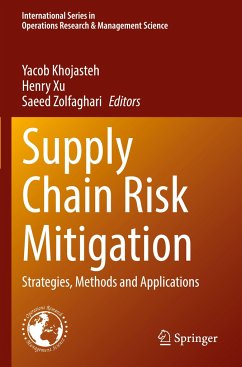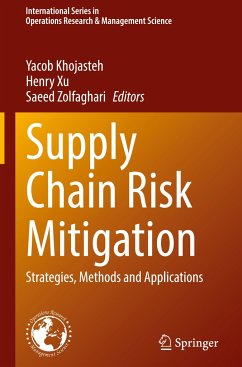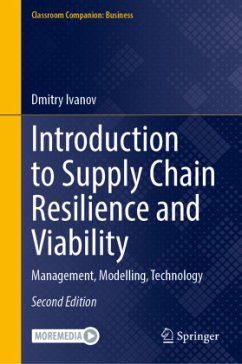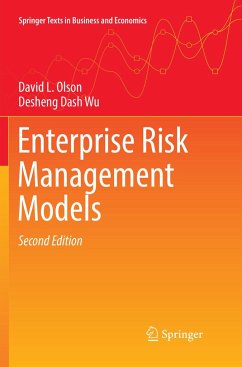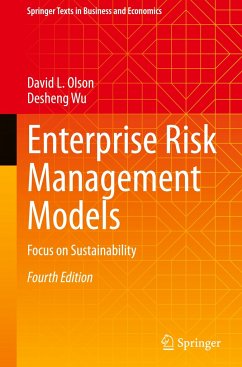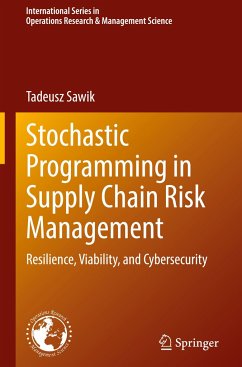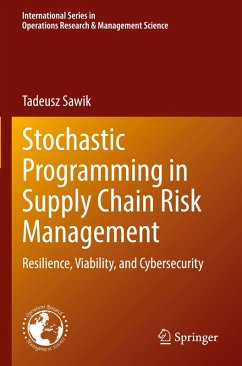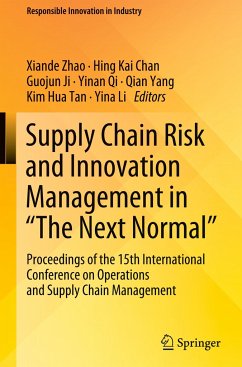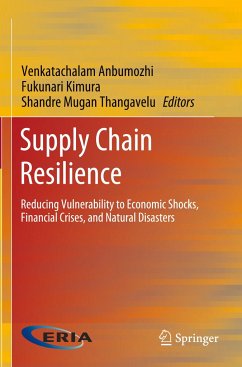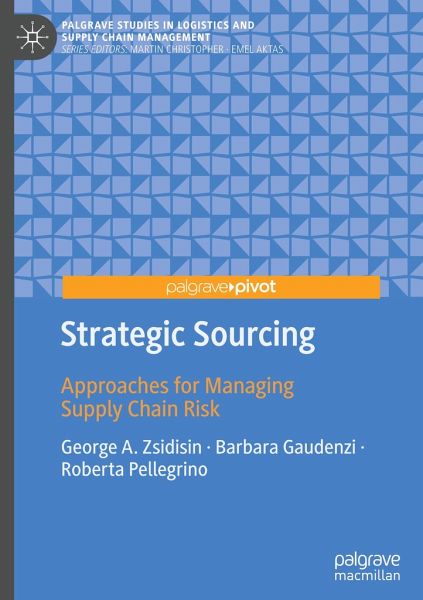
Strategic Sourcing
Approaches for Managing Supply Chain Risk

PAYBACK Punkte
17 °P sammeln!
This book provides a methodology, grounded in prior research, for analyzing supply chain vulnerabilities and determining appropriate strategic sourcing approaches firms can adopt for managing risk and ensuring supply chain resilience. Supply chain risk affects firms in a multitude of ways. The detrimental results of failing to manage supply chain risk includes, but is not limited to, disruptions that lead to the inability of firms to meet customer requirements, increased costs due to holding excessive inventory, paying employee overtime and expediting orders, financial losses due to increases ...
This book provides a methodology, grounded in prior research, for analyzing supply chain vulnerabilities and determining appropriate strategic sourcing approaches firms can adopt for managing risk and ensuring supply chain resilience. Supply chain risk affects firms in a multitude of ways. The detrimental results of failing to manage supply chain risk includes, but is not limited to, disruptions that lead to the inability of firms to meet customer requirements, increased costs due to holding excessive inventory, paying employee overtime and expediting orders, financial losses due to increases in commodity prices and unfavorable exchange rates, and tarnishing firm reputation due to poor performance. Although supply chain risk can detrimentally affect firms in many ways, there are approaches organizations can implement for identifying, assessing, and managing risk in order to foster resiliency.
This work focuses on strategic sourcing approaches for identifying, assessing and managing supply chain risk. It provides readers with insight into strategic sourcing and risk management approaches for managing supply chain risk and attaining resilience and will appeal to researchers in supply chain management, sourcing, and procurement.
This work focuses on strategic sourcing approaches for identifying, assessing and managing supply chain risk. It provides readers with insight into strategic sourcing and risk management approaches for managing supply chain risk and attaining resilience and will appeal to researchers in supply chain management, sourcing, and procurement.





